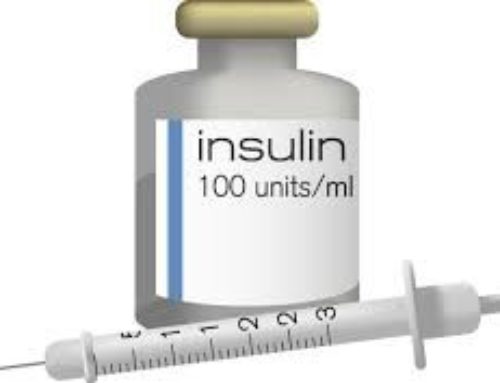 5 Diabetes Medications to Stop/change when your patient is admitted
5 Diabetes Medications to Stop/change when your patient is admitted
Hey everyone, this is Dr. Jocelyn, your Johns Hopkins university educated, board certified Endocrinologist, author, and national speaker. Through my web series, courses and books, I help busy primary care physicians, nurse practitioners, and Physician’s assistants learn how to better manage their most complicated diabetic patients, improve their patient satisfaction scores, and maximize their salaries and bonus income.
Today we are going to cover 5 Diabetes Medications to Stop/change when your patient is admitted
1: Insulin
When your patient is hospitalized, their insulin requirements may change significantly. Infection, inflammation, or immobility can increase their requirements, as can treatments like steroids or parenteral nutrition.
More carbohydrate conscious meals and limited access to additional food will frequently lower their requirements, as will improving infections and physical therapy.
I recommend starting at 70 – 80% of their home dose and making adjustments as needed.
2: Metformin
If the patient is in heart failure, has renal insufficiency, or very dehydrated, Metformin should be held. Also, if they need or might need an imaging study that uses contrast, hold the Metformin for at least 48 hours after the study. It can be restarted prior to discharge.
3:GLP-1 agents/agonist (Bydureon, Ozempic, Trulicity, Victoza) or combinations (Soliqua, Xultophy)
These agents are likely not to be on your hospital formulary. There is no danger in holding them for a short hospital stay. If the stay is prolonged the medication may have to be titrated again upon discharge.
If they are on a combination product, use their home dose to guide dosing of basal insulin.
4: SGLT-2i
These medications can compound dehydration and may mask the hyperglycemia seen in DKA. That along with their effect on electrolytes make these agents not ideal in the inpatient setting.
5: Sulfonylureas
These can cause profound and prolonged hypoglycemia, especially in a patient who is dehydrated, has renal impairment or is elderly. Stop and treat with a rapid acting insulin, if needed.
If you liked this information and would like more, or would like to learn more about my courses or consulting, follow me on Facebook at Dr. Jocelyn MD and join my group the Medi-pros. They are always the first to get the latest information.
Dr. Jocelyn



Hi, this is a comment.
To get started with moderating, editing, and deleting comments, please visit the Comments screen in the dashboard.
Commenter avatars come from Gravatar.